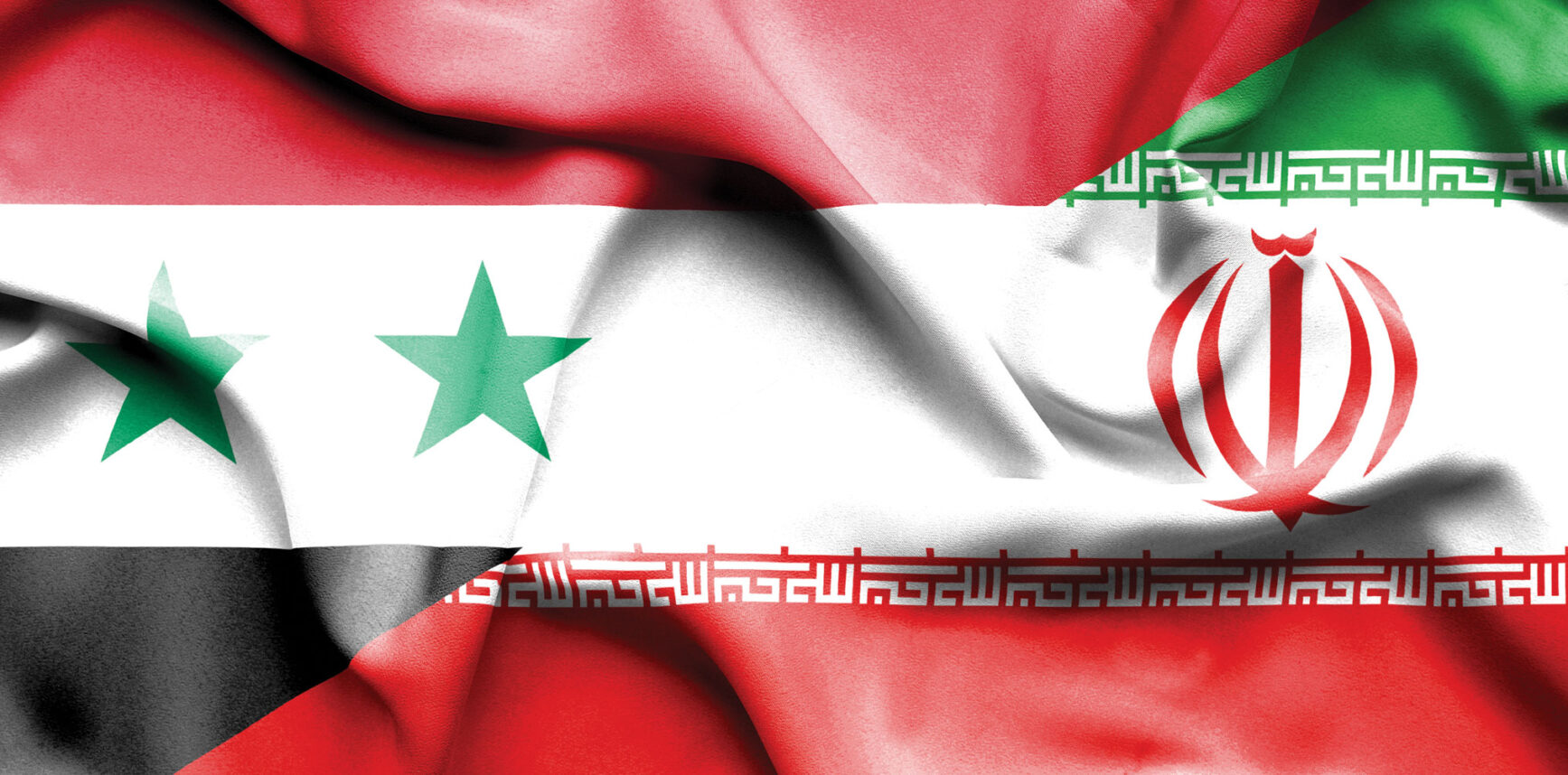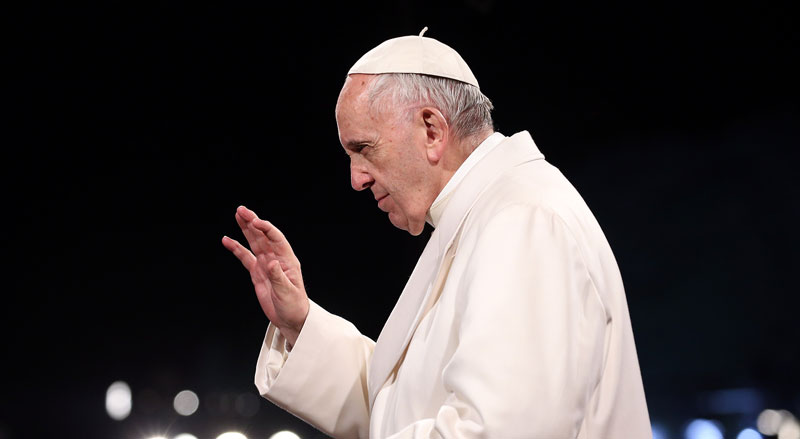Jeffrey Fleishman is one of my favorite reporters at the LA Times. For years his was delivering unusual dispatches from Germany and Eastern Europe as the Berlin bureau chief. Now he’s relocated to Cairo, and immediately he found a story about a Muslim sex therapist. Here goes:
CAIRO â In the delicate realm where the Koran meets human desire, Heba Kotb, a Muslim sex therapist in a ruffled gold head scarf, has strong opinions on vibrators, foreplay, premature you-know-what and why more men can’t seem to locate the G-spot.
An hour in her clinic, where some women wear black abayas that reveal only their eyes, is a liberating venture into a culture that has traditionally relegated talk of sex to a family whisper. Demure she may appear, but Kotb’s voice is strong and unapologetically public. The Koran, she said, forbids sex outside marriage, but within that union carnal satisfaction is a requisite for happiness.
“I deal with pleasure, desire, orgasms, masturbation, sexual frequency and erection problems,” said Kotb, whose TV show, “Big Talk,” is popular across the Arab world. “Neither the Koran nor the Sunna, however, address masturbation. My advice is that it’s OK to masturbate, but only if you need it badly. Masturbation has become more prevalent here because sex is forbidden outside marriage.”
In a society in which male clerics issue fatwas, or religious edicts or opinions, addressing all layers of family life, a feminine voice on something as intimate as sex has made Kotb a celebrity and a cultural revolutionary.
Some conservative clerics accuse Kotb of catering to sinners and Western-influenced permissiveness, but, overall, there has been little outcry about her frankness. Kotb’s advice on sex is meticulously framed within the context of matrimony, which she says is a gift from God.
“Everyone is searching for better sex, but people aren’t having the best sex,” she said. “Sex within Islam is the best. It covers the man’s rights and the woman’s rights. Islam is the ultimate sexuality. It’s beyond the stereotypes of Islamic oppression. I’m replacing that template. I’m replacing the stereotypes.”
(Photo: LA Times)























 More news and opinions than at a Shabbat dinner, right in your inbox.
More news and opinions than at a Shabbat dinner, right in your inbox.